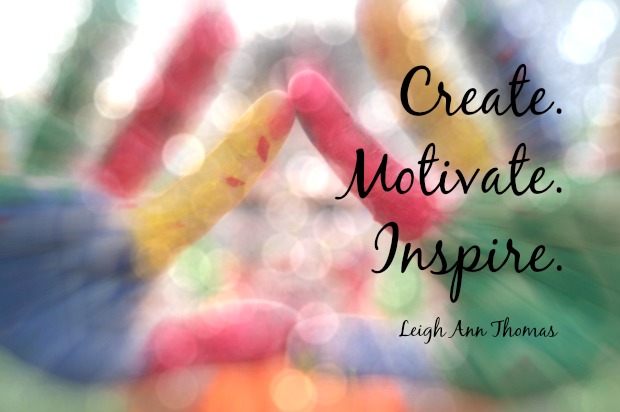
Fear Factor
As I write this month’s post, I am waiting to hear back from agents and publishers to whom I…
October 29, 2022
As I write this month’s post, I am waiting to hear back from agents and publishers to whom I…
October 29, 2022
As I write this month’s post from my home office, the world around me is shut down as caution…
March 29, 2020
In the interest of keeping things real here, I need to tell you how much I have been struggling…
February 16, 2019
Living with a disability is never an easy thing, but there are times when it is more difficult than…
December 9, 2018
I was recently asked in an author interview what was the one bit of advice I think is most…
August 5, 2018
The other day I got a rejection letter for a writing submission. Oh, and, by the way, the sky…
July 6, 2018
“Will you please teach me a new slang expression and what it means every day?” Little did I know…
June 10, 2018
Please Lord, please…could I possibly get an honorable mention? Just one of those beautiful folders with a certificate inside.…
April 23, 2017